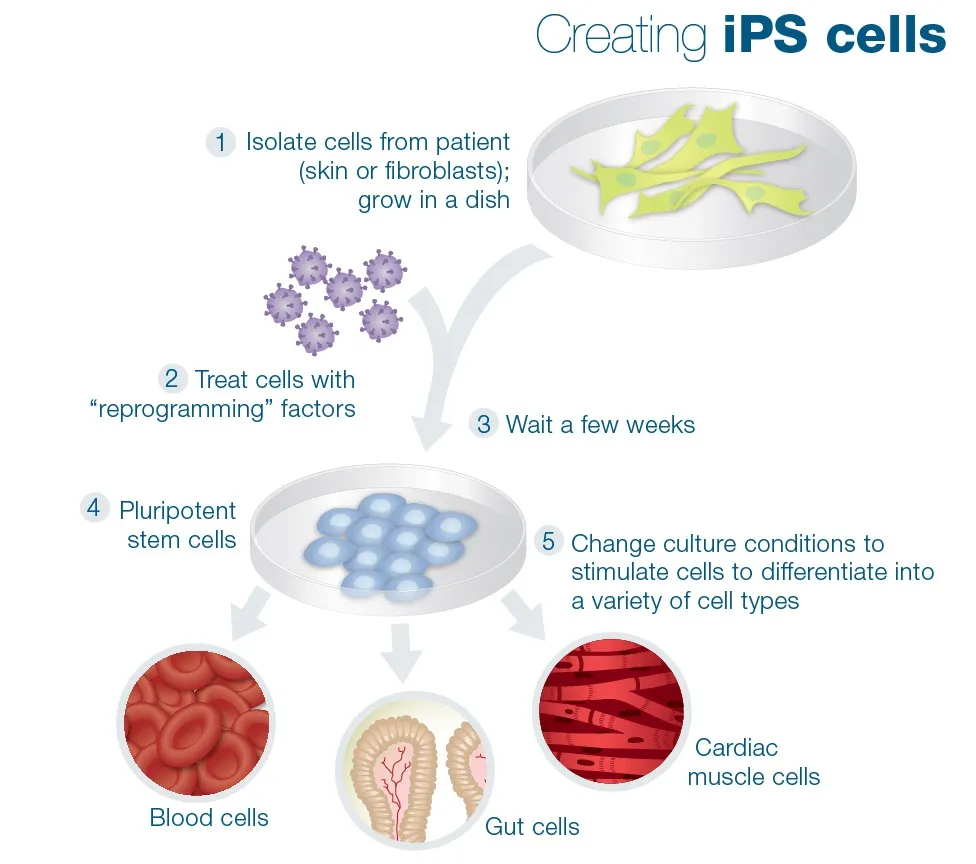Hello everyone!
I wanted to share incredible news that could mark a before and after in the treatment of type 1 diabetes.
Recently, a 25 -year -old woman with type 1 diabetes has begun to produce her own insulin less than three months after receiving a reprogrammed stem cell transplant.He is the first person in the world to be treated with cells extracted from his own body!
The patient, who lives in Tianjing, has been transplanting more than a year after the transplant, explains that before the procedure, she needed large amounts of insulin, but now her blood glucose levels remain stable 98% of the time.
This advance has been possible thanks to the work of the cell biologist Deng Hongkui and his team at the University of Beijing.They used an innovative technique to reprogram cells of the patient's own body and turn them into insulin producing cells.Then, they injected them into the abdominal muscles of women, a new site for these transplants that allows cells to monitor more effectively.
In this type's first essay, Deng Hongkui, a cell biologist at Beijing University in Beijing, and his colleagues extracted three -people cells with type 1 diabetes and reversed them to a pluripotent state, from which they could mold in any kindof body cell.This reprogramming technique was first developed by Shinya Yamanaka at the University of Kioto in Japan almost two decades ago.But Deng and his colleagues modified the technique: instead of introducing proteins that trigger gene expression, as Yamanaka did, cells presented small molecules.This offered more control over the process.
The researchers then used chemically induced pluripotent stem cells (IPS) to generate three -dimensional islet clusters.They tested the safety and efficacy of cells in mice and non -human primates.
In June 2023, in an operation that lasted less than half an hour, they injected the equivalent of approximately 1.5 million islets in the abdominal muscles of women, a new site for islet transplants.Most islet transplants are injected into the liver, where cells cannot be observed.But when placing them in the abdomen, researchers were able to monitor cells using magnetic resonance images and, potentially, remove them if necessary.
Although the results are promising, researchers underline the need to replicate this success in more patients and continue monitoring long -term insulin production.However, this advance opens a door of hope for millions of people living with type 1 diabetes.
What do you think of this news?
Do you think this type of treatments could be the definitive solution for diabetes?
A hug to all!
I leave here the original news in English: Link



